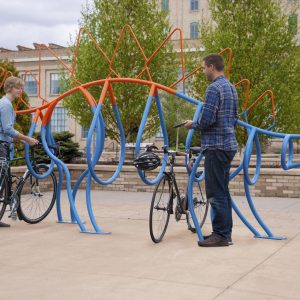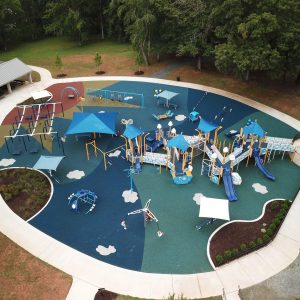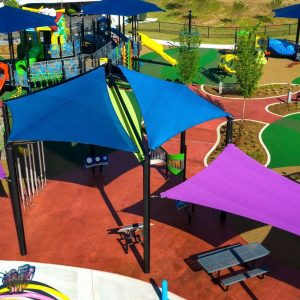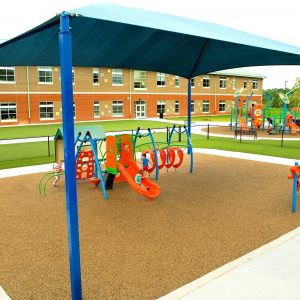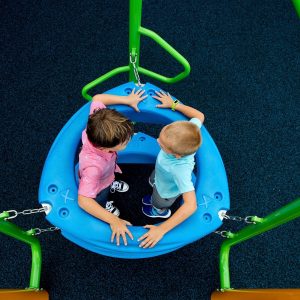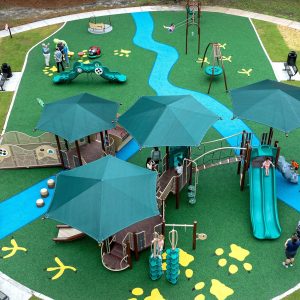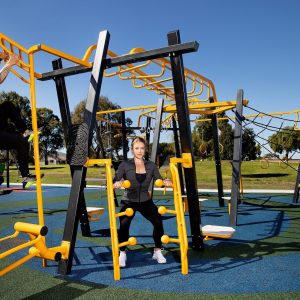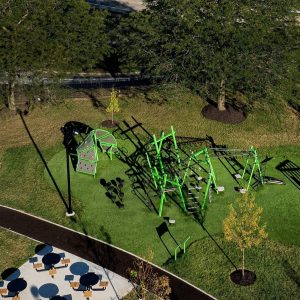
Managing Park and Playground Upkeep and Upgrades with Budget Constraints
Parks and playgrounds are essential to every community, but maintaining them requires consistent care and resources. Many communities face challenges when it comes to maintaining and upgrading their parks, especially with limited financial resources. The good news? Even on a tight budget, there are creative and cost-effective ways to build and sustain vibrant outdoor spaces.
